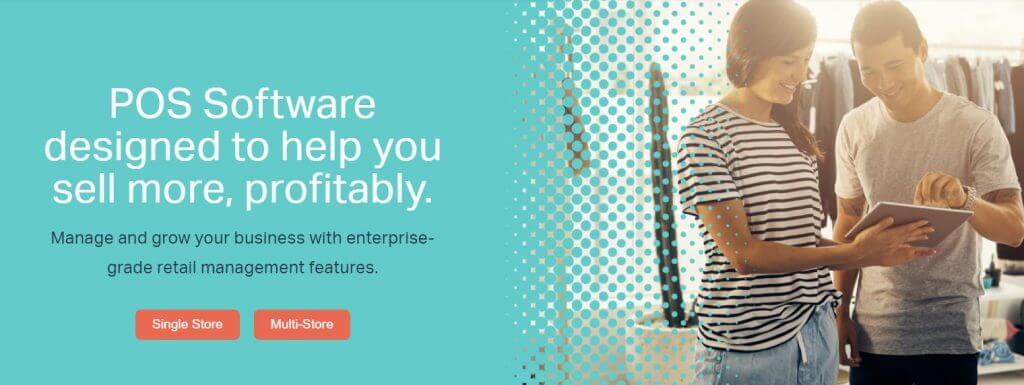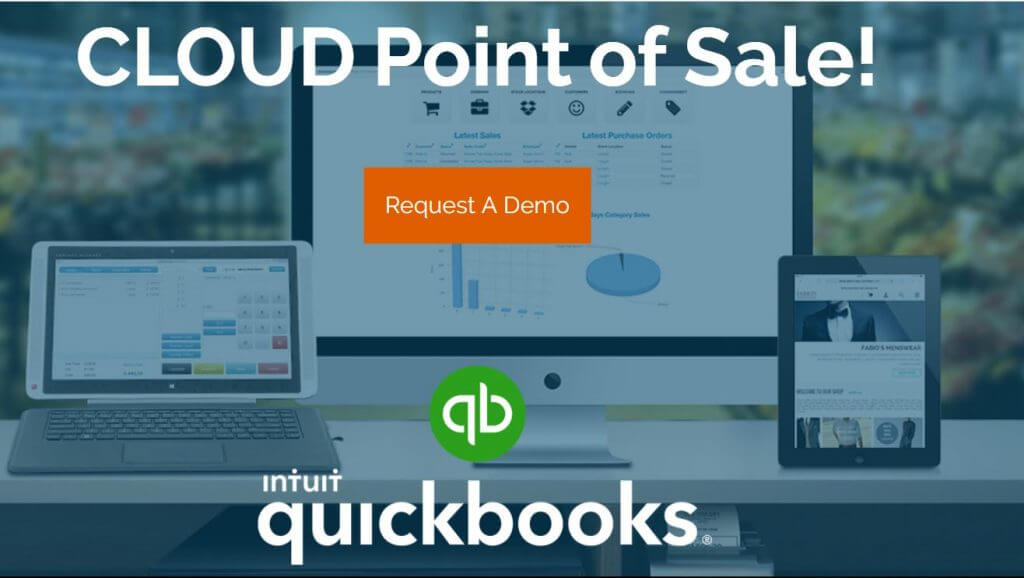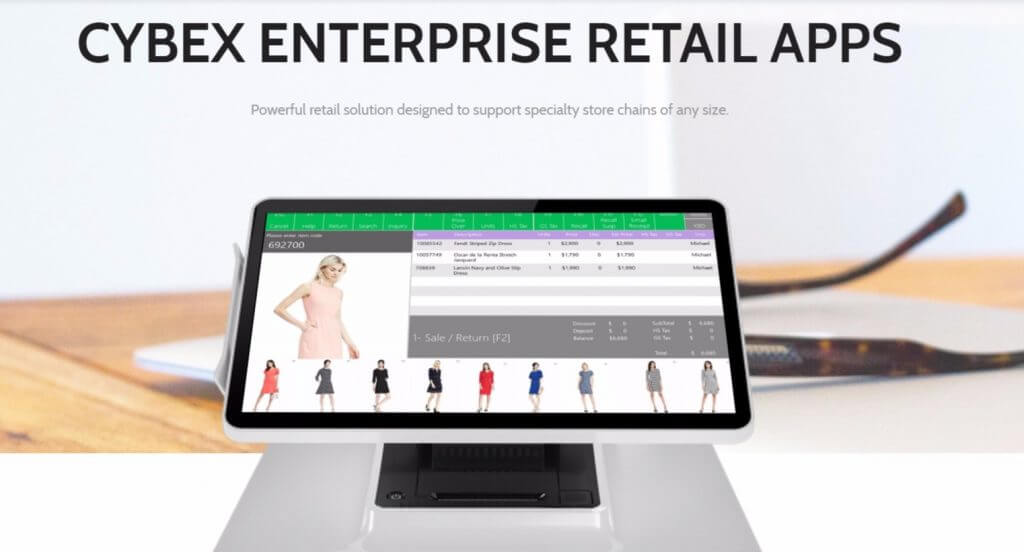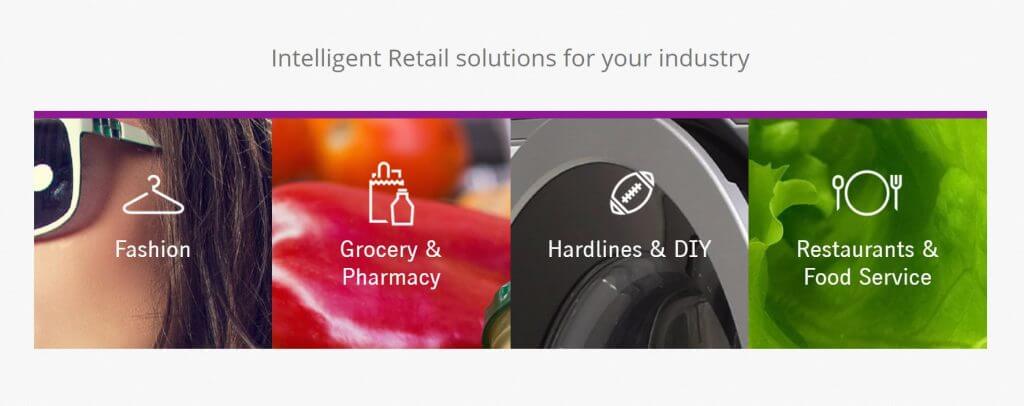Top Multichannel POS Systems for Retailers

There are plenty of options for POS software out there for small businesses, but larger retailers have different needs and finding the right POS software can be more complex.
In this article, we’ll focus on retail systems for larger businesses looking for POS software that provides the latest and most useful features.
Point of Sale (POS) Systems are hardware and software used in conjunction with a payment processing terminal. A retailer can use POS software for a number of functions, including inventory management, price changes, loyalty programs, financial tracking data, and more.
POS software can also generate reports that allow data to be analyzed more easily and even remotely. POS Systems are usually designed for either retail or restaurant businesses, though some software can accommodate both. There is also the option of having your information stored in the cloud so hardware can be easily updated while the data remains safe.
POS systems can become outdated and are often missing some of the newest and most beneficial features if regular updates are not implemented. Likewise, hardware changes, such as using touchpad devices, can make software harder to work with by limiting its functionality.
According to a Capterra report, 46% of companies spend less than $1500 on a new POS system. Honestly, it’s a small expense considering the benefits you’ll get.
When looking for new POS software there are many choices, each with their own pros and cons.
Here’s a sampling of some of the best available POS software for large- to enterprise-size businesses with multiple locations and a multichannel selling strategy.
All of the software listed is highly rated and chock full of special features, but each option should be carefully weighed for your specific business needs.

Pros
Cons
Pricing

Pros
Cons
Additional Features
Pricing

Pros
Cons
Additional Features
Pricing

Pros
Cons
Additional Features

Pros
Cons
Additional Features
Pricing
In order to choose the right POS system for your specific business, you will need to consider what you need from that system. There is no one-size-fits-all answer when it comes to POS software, which is why each option has a number of features.
First, define the needs of your business and what is absolutely required from your POS software.
Avoid making decisions based on features that would be “nice to have.” Do you need advanced inventory settings? The ability to reach out to customers or managers? Access to specific reports? Make decisions based on must-haves.
Next, make sure the required hardware is a setup that you can accommodate in your business and that it makes sense to do so. POS software these days frequently has the ability to integrate wirelessly with hardware like printers and scanners and cloud storage can be used for safeguarding data.
Lastly, set a budget. Just because one POS brand is more expensive than another brand does not immediately mean that it is better. Examine what a reasonable spending amount would be for your business and choose software that meets both your business needs and budget.
Any retailer would want to choose POS software that is the perfect mix of features, price, reliability, and ease of use.
While there’s no clear winner, we’re leaning towards Cybex Enterprise Retail Suite. The software offers loads of customizable features and makes the migration process very easy. In addition, they have outstanding 24/7 customer service and countless positive reviews posted online.
When you’re in the process of getting ramped up, Cybex offers helpful extensive training both online and in person. They also give retailers the option to choose extra modules for added functionality beyond what is normally included in the software.
All in all, Cybex does a solid job of providing a quality product with stellar customer service, all at a price that makes it very accessible to larger businesses. It is a solid POS software choice that should be considered by larger businesses with one main headquarters, looking to get more out of their POS software.
